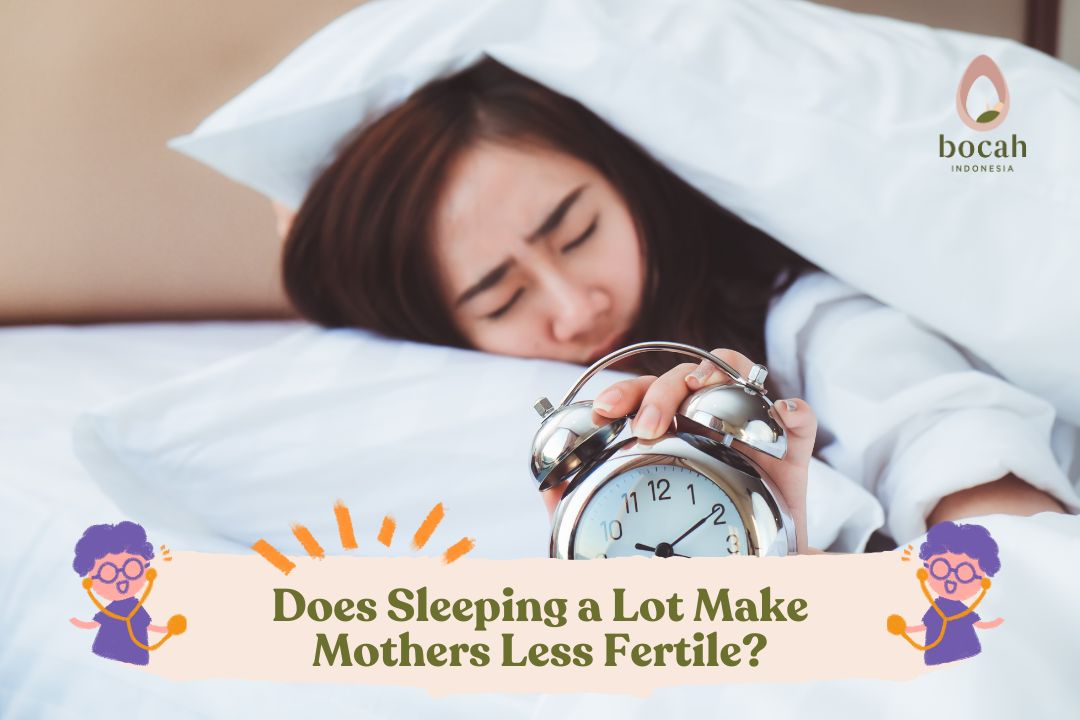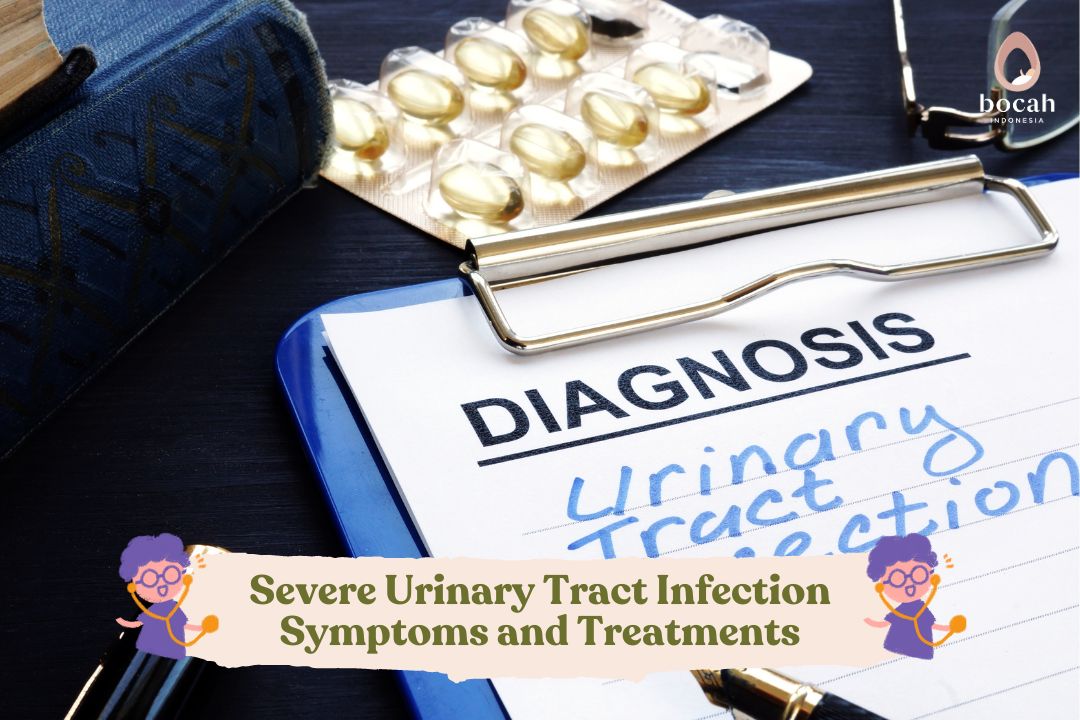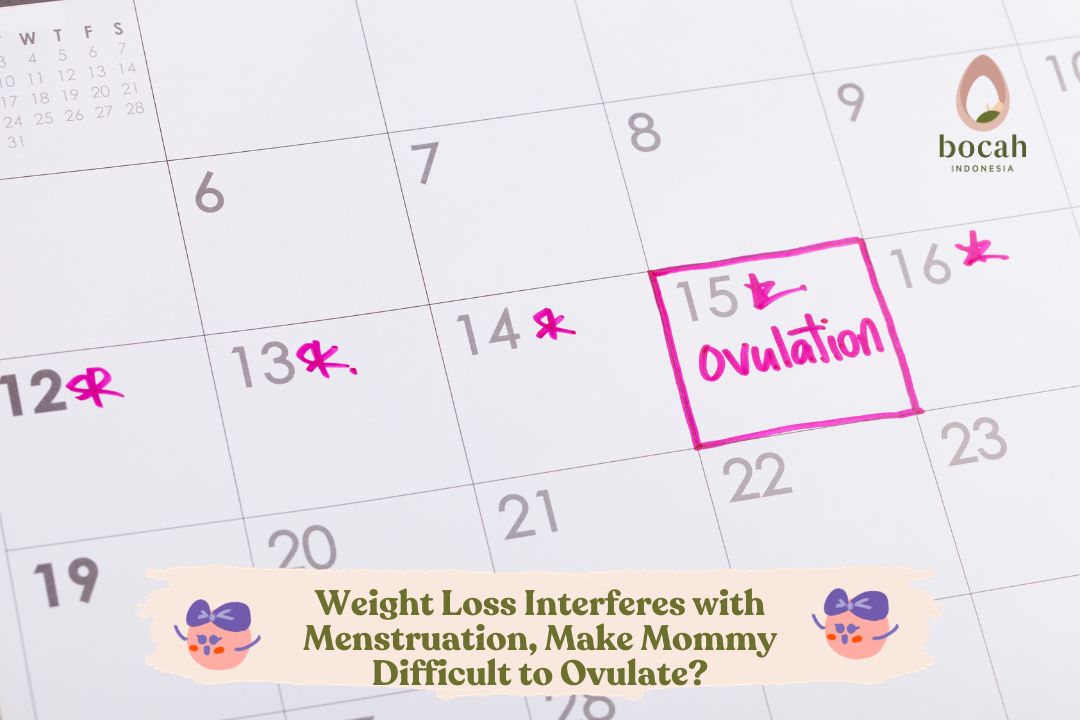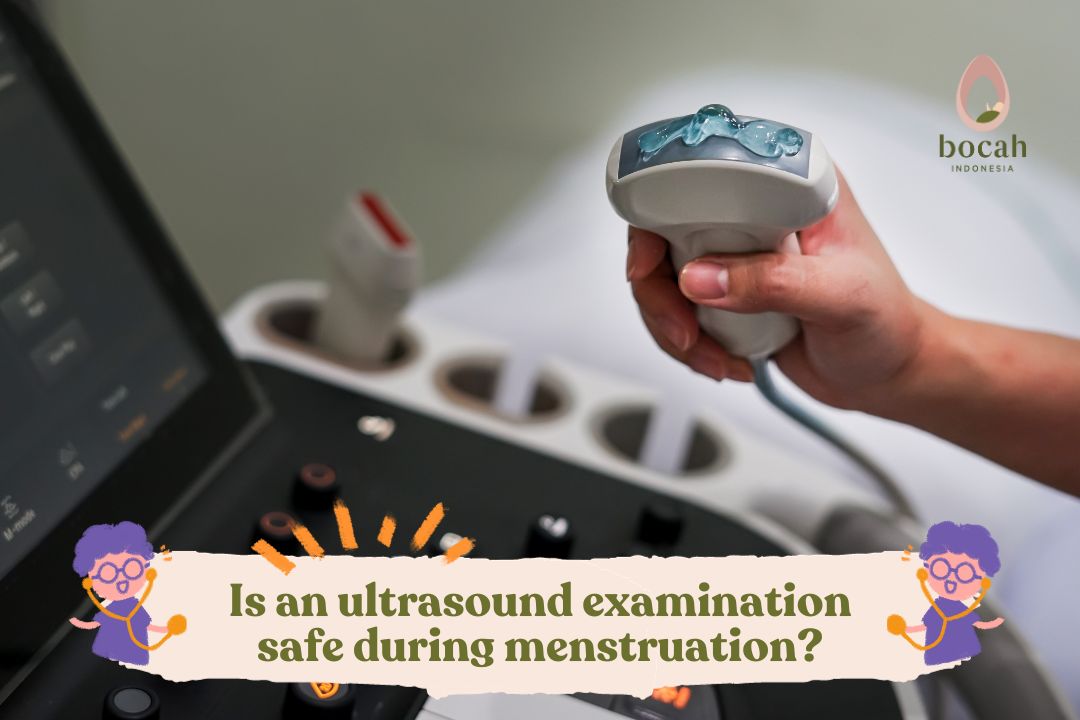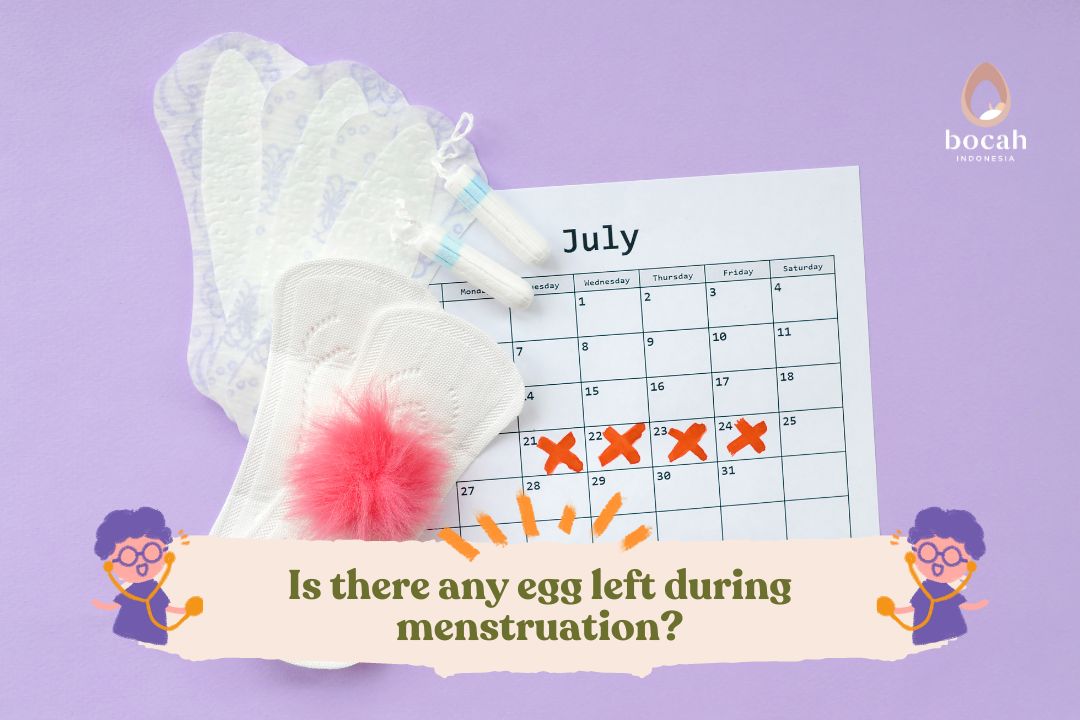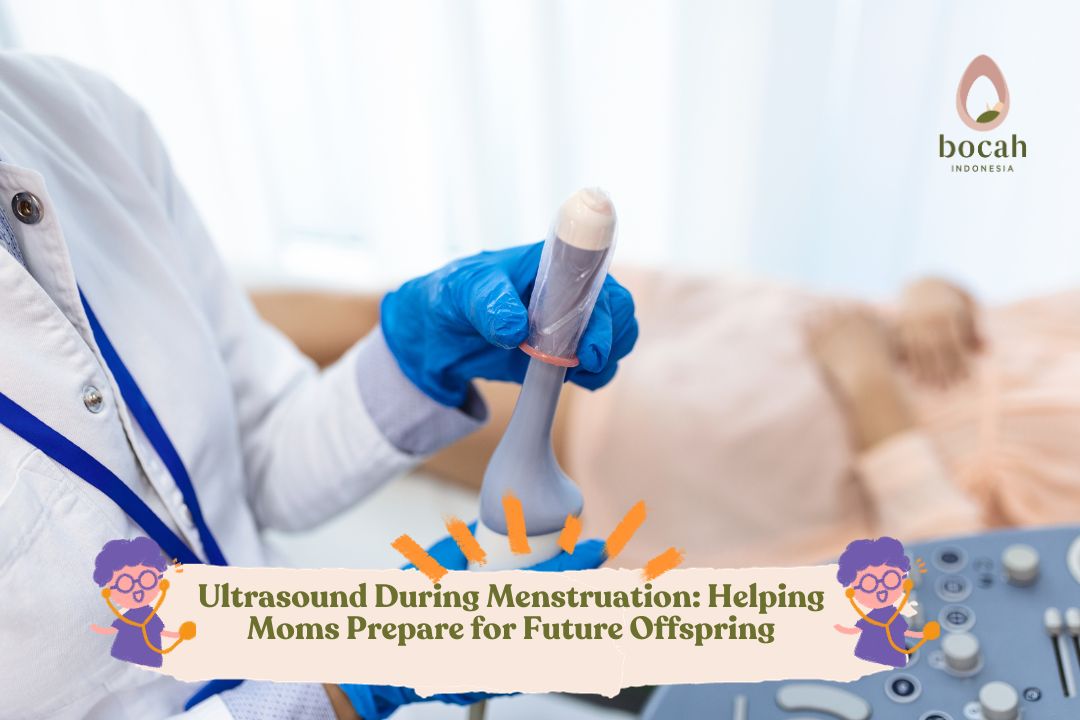Positive Pregnancy After Menstruation, Not to Make Afraid
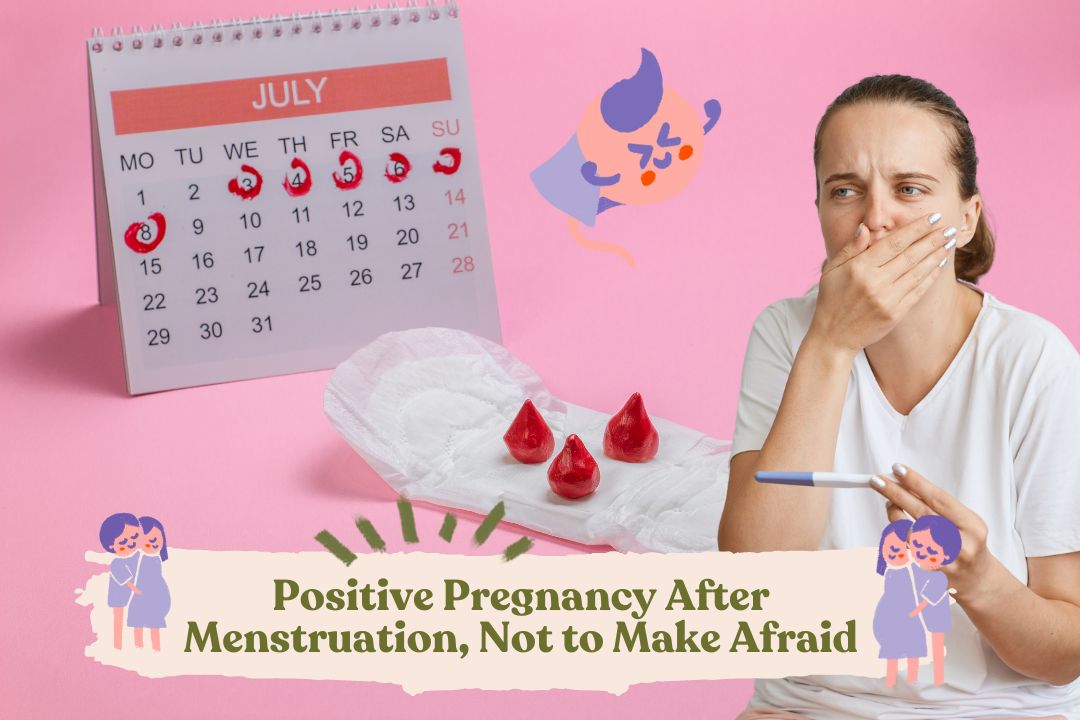
Pregnancy might occur after menstruation, around two weeks after the last day of the menstrual period. One of the sure early signs of pregnancy experienced by most women is a missed period. However, sometimes, a positive result on a pregnancy test may appear with two lines before the expected period date. This situation often worries women, whether the two positive lines indicate pregnancy or not. Find the explanation below!
Is It Possible to Get Pregnant After Menstruation?
Basically, getting pregnant after menstruation is not likely to happen. Pregnancy occurs when sperm fertilizes an egg. The egg can only be produced by the body during ovulation or the fertile period.
However, a positive pregnancy can occur after menstruation if you have unprotected intercourse, whether without using a condom or any other contraceptive method. Getting pregnant after menstruation can happen if your menstrual cycle is 21 days long.
Women with a 21-day menstrual cycle experience their peak fertile period on the 7th day after the last day of menstruation (HPHT). This means that if sexual intercourse occurs on the 5th or 6th day after HPHT, the chances of pregnancy are higher.
How Many Days After Menstruation Can a Positive Pregnancy Happen?
Pregnancy can begin around two weeks after the first day of menstruation. The most fertile time, ovulation, usually occurs on day 12 to 14 before the next menstrual cycle.
Tanya Mincah tentang Promil?
During this time, the egg can survive for 12-24 hours, while sperm can survive for about 72 hours in the female reproductive tract, especially after sexual intercourse. Therefore, if more than a week has passed since the last menstrual period, there is a possibility that a fetus is growing in the uterus.
However, some pregnancy symptoms are similar to menstrual symptoms and are often overlooked. Besides a missed period, other signs of pregnancy include the appearance of implantation bleeding or spotting. Here are the characteristics of implantation bleeding:
- Blood is red, pink, or brown in color.
- The blood volume is not too much, only in spots.
- It appears only occasionally, lasting up to 3 days.
- Causes mild abdominal cramps but does not interfere with activities.
Early Signs of Pregnancy
In addition to implantation bleeding, there are several pregnancy symptoms that expectant mothers might experience, such as:
1. Nausea
Nausea or morning sickness is a common pregnancy symptom experienced by most women. This condition occurs due to hormonal changes in the woman’s body and can be experienced in the first 6 weeks of pregnancy.
2. Breast tenderness
One common symptom of pregnancy is breast tenderness. In the early stages of pregnancy, the breasts become more sensitive, swollen, and painful. There’s no need to worry; this symptom will ease after the body adapts to the changes.
3. Fatigue
In the early stages of pregnancy, expectant mothers might feel more tired than usual. This is due to the increased levels of progesterone hormone, which can cause fatigue and drowsiness.
4. Mood swings
Changes in mood are a common symptom experienced by most expectant mothers. This condition often occurs in the first trimester of pregnancy after a positive pregnancy test.
5. Increased frequency of urination
During pregnancy, blood production increases, leading to the kidneys having to filter more fluid. This results in more frequent urination.
6. Sensitivity to smells
Hormonal changes during pregnancy can affect the sense of smell, making pregnant women feel nauseous when exposed to certain odors.
7. Headaches
Frequent headaches during pregnancy are normal. Lowered blood pressure and narrowed blood vessels can cause headaches in pregnant women.
8. Abdominal cramps
Abdominal cramps can also be an early sign of pregnancy. This condition occurs due to increased blood flow to the uterus and thickening of the uterine wall caused by the production of prostaglandin hormone.
Dear parents-to-be, do you want your planned pregnancy to succeed? Increase your chances of a successful pregnancy by having intercourse during your fertile period. If you want to know when your fertile period is, you can calculate it using a fertile period calculator. Best of luck!
References:
- Pascual, Z.N., Langaker, M.D. (2023). Physiology, Pregnancy. Treasure Island (FL): StatPearls Publishing; 2023.
- Naeini, P.S., et al. (2021). Cardiac Arrhythmias During Pregnancy. Tex Heart Inst J. 2021; 48(4): e217548.
- Planned Parenthood. Can I get pregnant from sex right after my period ends?




